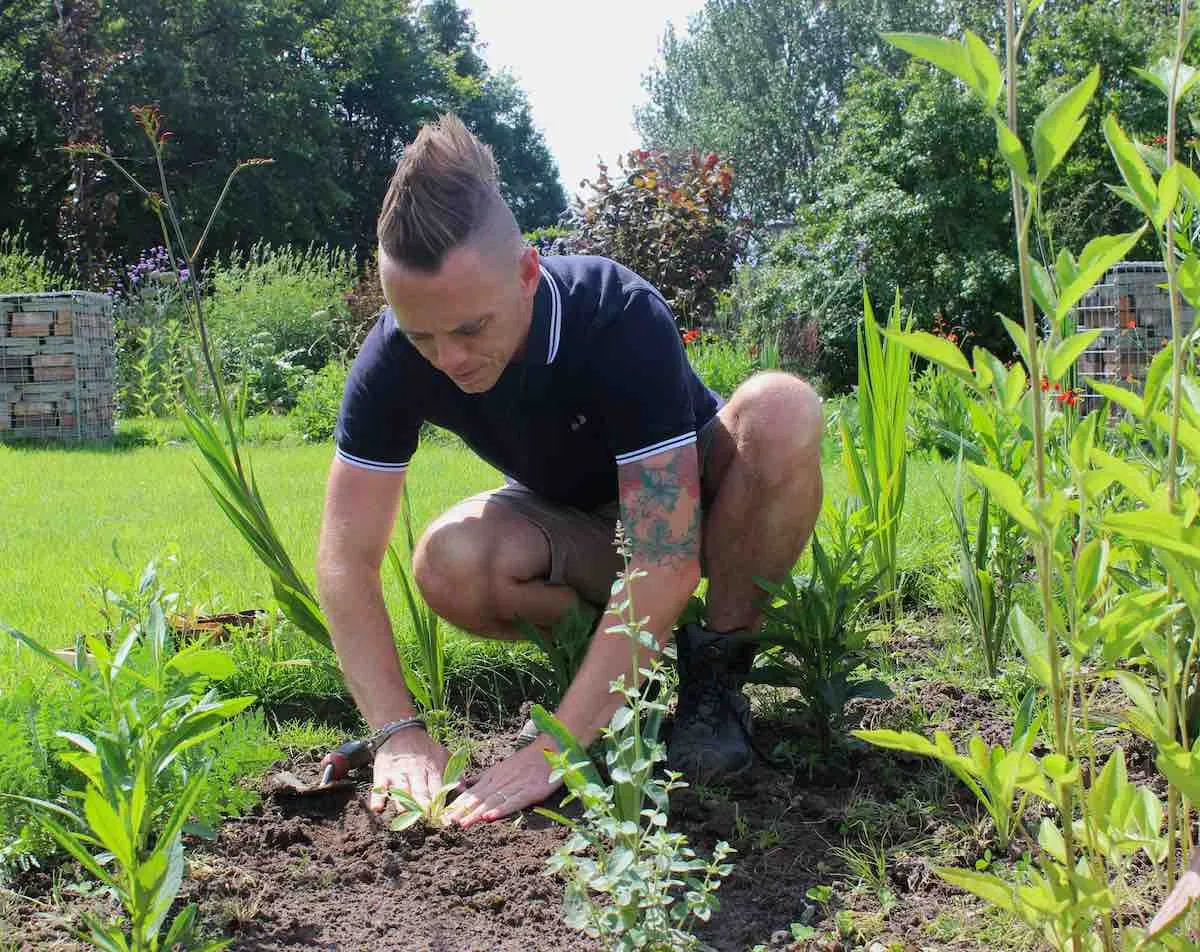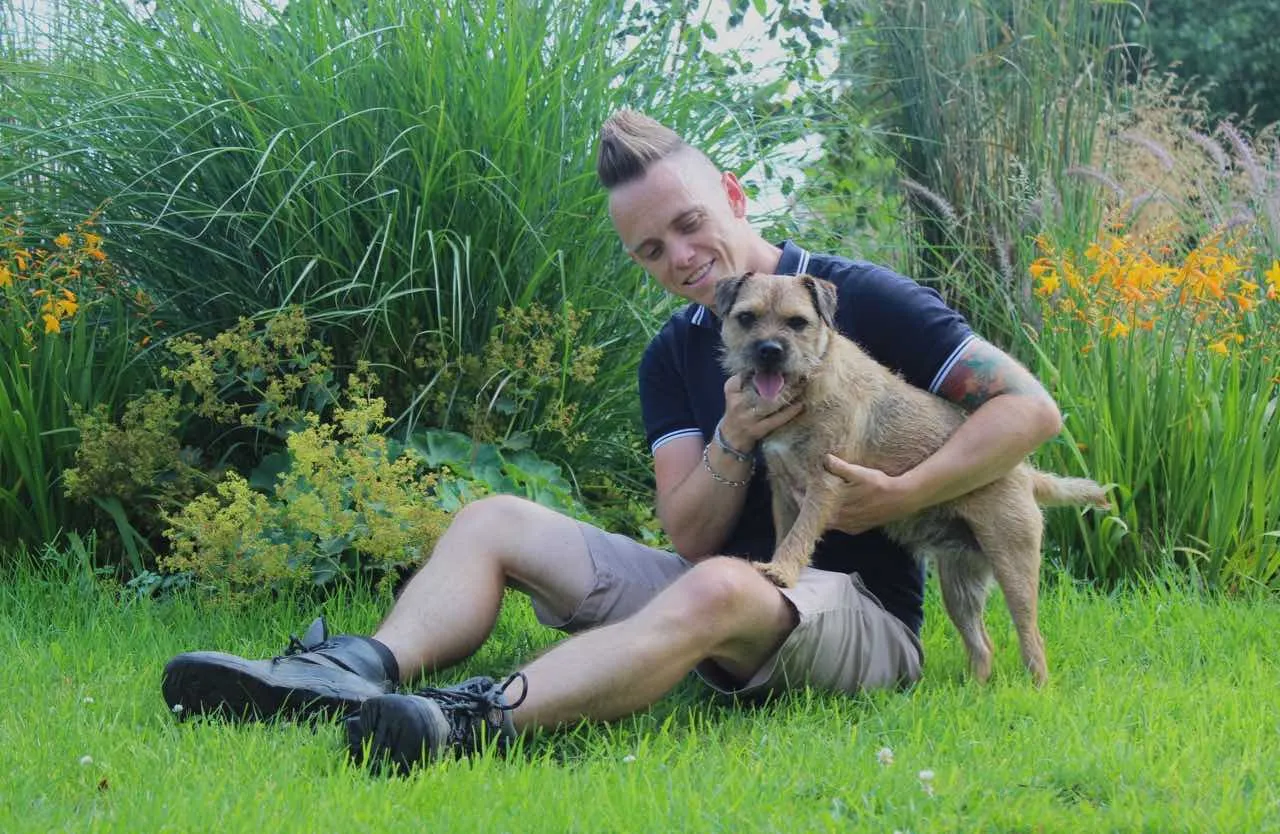Hi @sophiepenneyhotmail-co-uk
Thanks for your question and kind words on my top shade loving plants guide here.
The issue with established bay trees sprouting or sending out runners around the base is that they need cutting off ideally. Yes, you can pop slabs over them, but eventually they will find a way out.
Basal shoots (aka suckers) are those pesky shoots that sprout from the base of your bay tree—often below the graft or straight out of the roots. If left, they’ll steal energy from the main plant and make your neat lollipop bay look like it’s having a bad hair day.
What You’ll Need to Remove Basal Shoots from Bay (Sprouts)
-
Sharp secateurs or loppers
-
Gloves (bay leaves can be tough and scratchy)
-
A clear view of the base of the tree
1. Find the Source
Clear any mulch or leaves from around the base. You’re looking for shoots emerging from:
2. Clean and Close Cuts
Using clean, sharp secateurs, you're now going to remove those shoots as close to the original tree or bay shrub as possible.
Don’t rip or tear them off—this damages the bark and invites infection.
3. Repeat as Needed
Basal shoots can reappear through the growing season, especially in spring and summer. Check every month and stay on top of them.
Plants to cover and out compete basal shoots
As for things that are fast and love shade, try Sweet Woodruff for a blast of springtime fragrance and flower, it's voracious. Ferns are also a good bet; dig out and remove the sprouts where you want the ferns to grow as they establish. One of the plants which would easily colonise this area is Green Alkanet, the leaves can be a bit of an irritant, though, for children. Wild garlic is a good one and can be planted now, or Vinca major.
You could grow in pots but the watering will become bothersome!
One other word of caution is that most plants are poisonous to different degrees, whether it's eating them, rubbing parts of them or roots into eyes or the mouth. The best bet is to teach your kids to admire plants but never eat them unless an adult has prepared them. The above are all pretty non-toxic, though!
All the best
Lee Garden Ninja
Hi @sophiepenneyhotmail-co-uk
Thanks for your question and kind words on my top shade loving plants guide here.
The issue with established bay trees sprouting or sending out runners around the base is that they need cutting off ideally. Yes, you can pop slabs over them, but eventually they will find a way out.
Basal shoots (aka suckers) are those pesky shoots that sprout from the base of your bay tree—often below the graft or straight out of the roots. If left, they’ll steal energy from the main plant and make your neat lollipop bay look like it’s having a bad hair day.
What You’ll Need to Remove Basal Shoots from Bay (Sprouts)
-
Sharp secateurs or loppers
-
Gloves (bay leaves can be tough and scratchy)
-
A clear view of the base of the tree
1. Find the Source
Clear any mulch or leaves from around the base. You’re looking for shoots emerging from:
2. Clean and Close Cuts
Using clean, sharp secateurs, you're now going to remove those shoots as close to the original tree or bay shrub as possible.
Don’t rip or tear them off—this damages the bark and invites infection.
3. Repeat as Needed
Basal shoots can reappear through the growing season, especially in spring and summer. Check every month and stay on top of them.
Plants to cover and out compete basal shoots
As for things that are fast and love shade, try Sweet Woodruff for a blast of springtime fragrance and flower, it's voracious. Ferns are also a good bet; dig out and remove the sprouts where you want the ferns to grow as they establish. One of the plants which would easily colonise this area is Green Alkanet, the leaves can be a bit of an irritant, though, for children. Wild garlic is a good one and can be planted now, or Vinca major.
You could grow in pots but the watering will become bothersome!
One other word of caution is that most plants are poisonous to different degrees, whether it's eating them, rubbing parts of them or roots into eyes or the mouth. The best bet is to teach your kids to admire plants but never eat them unless an adult has prepared them. The above are all pretty non-toxic, though!
All the best
Lee Garden Ninja
 Lee Burkhill: Award Winning Designer & BBC 1's Garden Rescue Presenters Official Blog
Lee Burkhill: Award Winning Designer & BBC 1's Garden Rescue Presenters Official Blog



